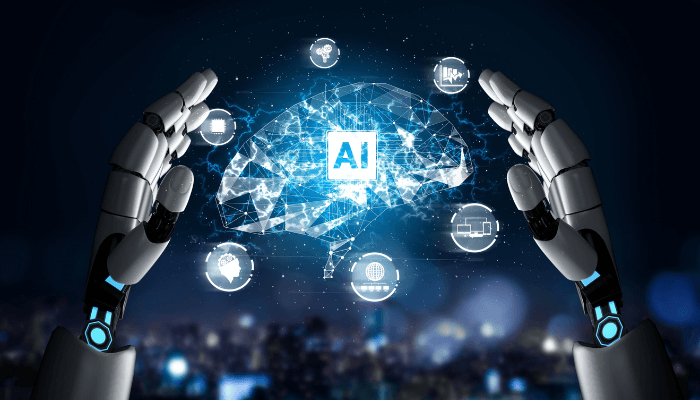Artificial intelligence (AI) will drive a five-fold increase in productivity in sectors that promote its adoption.
A PricewaterhouseCoopers (PwC) study has revealed that sectors that have adopted AI are already experiencing higher labour productivity growth, which has translated to economic growth and rising living standards.
The report noted that business owners have anticipated how AI will deliver significant benefits, with 46 percent believing it will increase profitability and 41 percent saying it will increase revenue.
This has led to a growth in AI-related job postings, which has grown 3.5 times faster than other roles since 2016, with the UK, US, and Canada leading the way, according to the Global AI Jobs Barometer report.
This anticipation has led to a high demand for AI talent, with offers soaring as high as 25 percent more than the usual wages, PwC has revealed. Investors, likewise, have admitted that AI adoption is critical to value generation. While AI has enormous impacts, the workforce must stay knowledgeable in the skills required by AI.
Read also: Artificial Intelligence in Nigeria: How ready are we?
Carol Stubbings, Global Markets and Tax and Legal Services Leader at PwC, said, “For many economies experiencing labour shortages and low productivity growth, the findings highlight optimism around AI, with the technology representing an opportunity for economic development, job creation, and the creation of new industries entirely.
“However, the findings show that workers will need to build new skills, and organisations will need to invest in their AI strategies and people if they are to turbocharge their development and ensure they are fit for the AI age”
According to Emmanuel Faith, a human relations specialist, a collaborative approach to AI development in Nigeria is needed.
He said, “AI is designed to be a collaborative tool, augmenting human capabilities rather than replacing them. This collaborative approach requires continuous education and a shift in perception across industries and individuals.
“We need to move away from the fear of AI taking jobs and instead see it as a partner in progress. By embracing a forward-thinking mindset, we can unlock AI’s potential and navigate the changing technological landscape together.”
